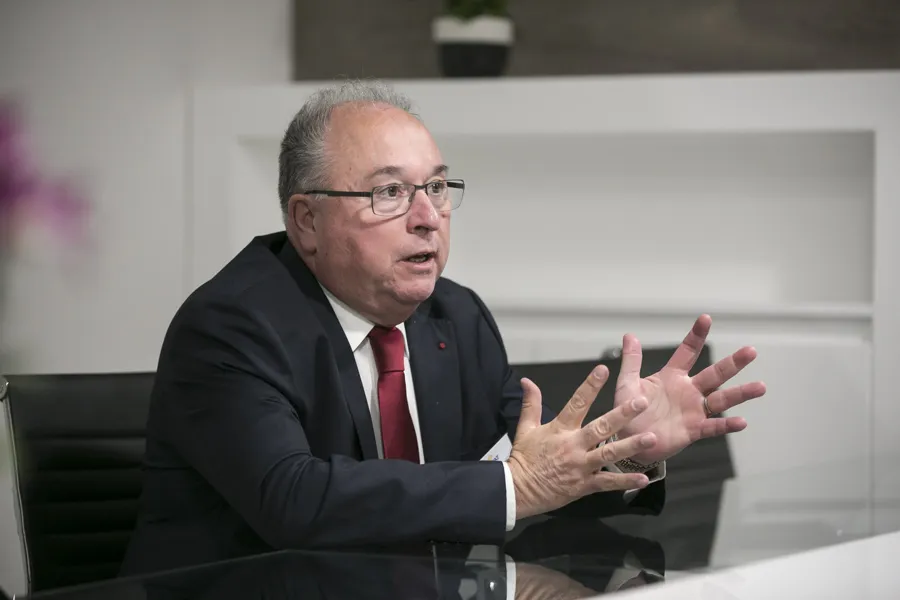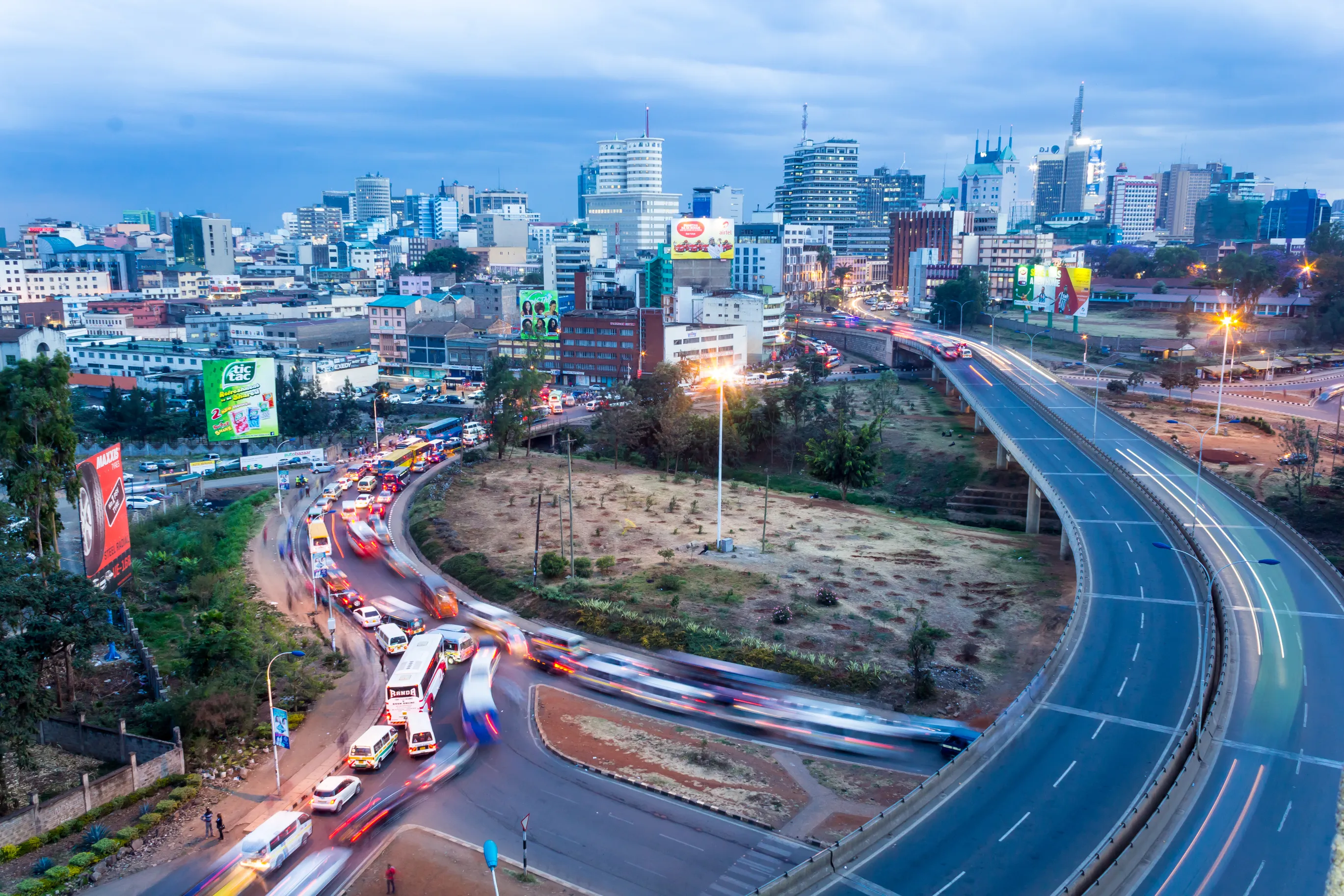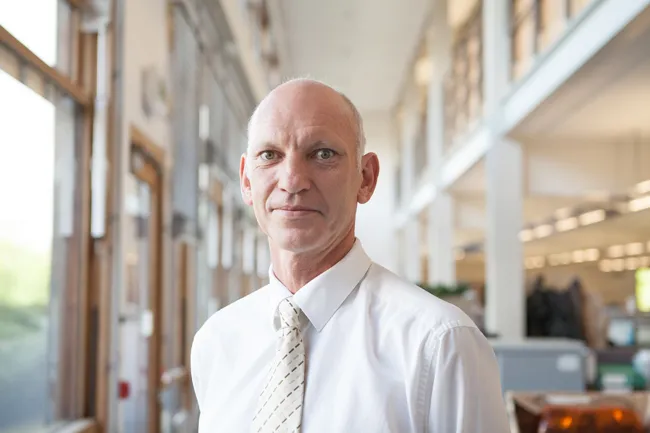At least two bridges and dozens of kilometres of roads are part of phase one of an ambitious Myanmar plan to build a new city. Other infrastructure projects are an industrial zone, a power plant and water and sewage treatment plants, according to the newly created overseeing body, New Yangon Development Corporation - NYDC. The new city will cover around 30,000 acres on the west side of the Yangon River, including land in Kyimyindaing, Seikgyikanaungto and Twante townships. Much of the work to create the
April 6, 2018
Read time: 3 mins
At least two bridges and dozens of kilometres of roads are part of phase one of an ambitious Myanmar plan to build a new city.
Other infrastructure projects are an industrial zone, a power plant and water and sewage treatment plants, according to the newly created overseeing body, New Yangon Development Corporation - NYDC.
The new city will cover around 30,000 acres on the west side of the Yangon River, including land in Kyimyindaing, Seikgyikanaungto and Twante townships. Much of the work to create the new city - Yangon Myothit - will be undertaken as public-private partnerships, according to the NYDC.
The port of Yangon, formerly known called Rangoon, is at the convergence of the Yangon and Bago Rivers, about 30km inland from the Gulf of Martaban. Yangon was the capital of Myanmar until 2006 when the military government relocated the government to the purpose-built city of Naypyidaw in central Myanmar.
But Yangon remains the commercial and financial capital of Myanmar and as the country’s largest city it has a population of more than 7 million.
The Yangon regional government formed the NYDC to handle the work that should create a city twice the size of Singapore, U Phyo Min Thein, Yangon chief minister, recently told local media. “The regional government will take responsibility for the project in order to reduce red tape,” he said.
“The area west of the Yangon River is less developed [than Yangon] and we’ll strive to develop it with this project. We will industrialise the area and create job opportunities,” he said.
“The infrastructural construction, which is the first phase of the new town project, will cost more than $US1.5 billion,” said Serge Pun, chief executive of the NYDC.
Serge Pun, a Myanmar businessman, is the chairman of Serge Pun & Associates Group, a multinational real estate firm, and also of Myanmar-based Yoma Bank. “While I am serving as the chief executive of NYDC, I and companies under my control will not bid for construction work in the new city project,” said Pun.
NYDC is set to use a form procurement called the Swiss Challenge in its bidding process for offering contracts, according to George Yeo, a former foreign minister of Singapore and who is connected to the NYDC. “To ensure fair competition, transparency and capability, the NYDC will use the Swiss Challenge method, an international competitive bidding process for awarding a contract… Transparency is of great importance to get trust from all stakeholders,” he said.
Under this method, third parties have a window of opportunity to make better offers, or challenges, for a project. The aim is to discourage exaggerated or inflated project costs for the government and to maintain a transparent procurement process.
Much of the land for the new city is farmland and local governments are in the process of offering cash or land elsewhere as compensation for compulsory acquisition, according to Myanmar media reports.
Other infrastructure projects are an industrial zone, a power plant and water and sewage treatment plants, according to the newly created overseeing body, New Yangon Development Corporation - NYDC.
The new city will cover around 30,000 acres on the west side of the Yangon River, including land in Kyimyindaing, Seikgyikanaungto and Twante townships. Much of the work to create the new city - Yangon Myothit - will be undertaken as public-private partnerships, according to the NYDC.
The port of Yangon, formerly known called Rangoon, is at the convergence of the Yangon and Bago Rivers, about 30km inland from the Gulf of Martaban. Yangon was the capital of Myanmar until 2006 when the military government relocated the government to the purpose-built city of Naypyidaw in central Myanmar.
But Yangon remains the commercial and financial capital of Myanmar and as the country’s largest city it has a population of more than 7 million.
The Yangon regional government formed the NYDC to handle the work that should create a city twice the size of Singapore, U Phyo Min Thein, Yangon chief minister, recently told local media. “The regional government will take responsibility for the project in order to reduce red tape,” he said.
“The area west of the Yangon River is less developed [than Yangon] and we’ll strive to develop it with this project. We will industrialise the area and create job opportunities,” he said.
“The infrastructural construction, which is the first phase of the new town project, will cost more than $US1.5 billion,” said Serge Pun, chief executive of the NYDC.
Serge Pun, a Myanmar businessman, is the chairman of Serge Pun & Associates Group, a multinational real estate firm, and also of Myanmar-based Yoma Bank. “While I am serving as the chief executive of NYDC, I and companies under my control will not bid for construction work in the new city project,” said Pun.
NYDC is set to use a form procurement called the Swiss Challenge in its bidding process for offering contracts, according to George Yeo, a former foreign minister of Singapore and who is connected to the NYDC. “To ensure fair competition, transparency and capability, the NYDC will use the Swiss Challenge method, an international competitive bidding process for awarding a contract… Transparency is of great importance to get trust from all stakeholders,” he said.
Under this method, third parties have a window of opportunity to make better offers, or challenges, for a project. The aim is to discourage exaggerated or inflated project costs for the government and to maintain a transparent procurement process.
Much of the land for the new city is farmland and local governments are in the process of offering cash or land elsewhere as compensation for compulsory acquisition, according to Myanmar media reports.









